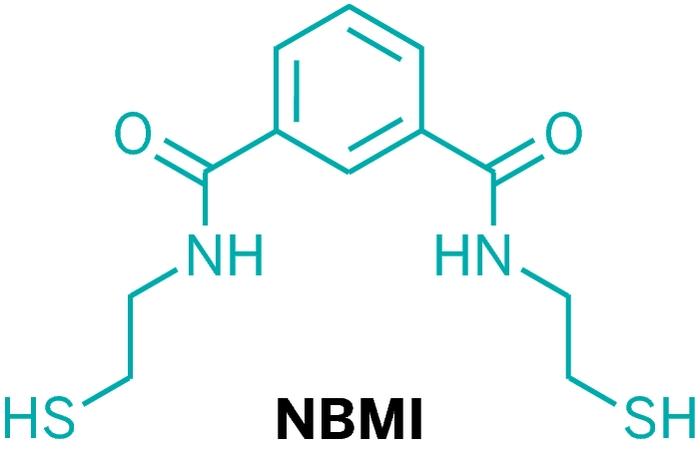I've been waiting for this drug (NBMI, Irminix, OSR etc) to get approved to see if it will chelate gadolinium. It was originally designed & indicated for mercury chelation. However, the regulatory agencies are giving them the run around so now they are trying going at it from iron overload & related diseases angle. Everything I have researched makes it sound like this stuff is super safe but would love to hear feedback if anyone has reason to believe otherwise. It supposedly increases glutathione levels too but it's unclear to me if this a good thing).
"FDA/EMA regulators have directed EmeraMed to name a specific clinical endpoint that will show the elimination of mercury’s toxic effect in chronically mercury-toxic subjects. But which endpoint? Neither the USA nor the EU considers mercury toxicity to be a significant unmet need. For indications (diseases) where the regulatory authorities feel there is a great unmet need the agencies tend to be more creative and helpful in rapidly getting a drug to market.
"Research has found that inorganic mercury (Hg2+) displaces iron (Fe2/3+) from natural binding sites. The unbound Fe2/3+ then catalytically generates thousands of hydroxyl free radicals through Fenton type chemistry which is the predominant cause of oxidiative stress. Not only mercury and other heavy metals but other toxins have been shown to displace iron, starting the toxic reactions described above. Therefore, for a chelator to be maximally effective at treating mercury toxicity or oxidative stress, in general, the chelator must also bind Fe2/3+ into a non-reactive complex, halting the Fenton reaction."
EmeraMed Newsletter - 2019-01 January : EmeraMed


"FDA/EMA regulators have directed EmeraMed to name a specific clinical endpoint that will show the elimination of mercury’s toxic effect in chronically mercury-toxic subjects. But which endpoint? Neither the USA nor the EU considers mercury toxicity to be a significant unmet need. For indications (diseases) where the regulatory authorities feel there is a great unmet need the agencies tend to be more creative and helpful in rapidly getting a drug to market.
"Research has found that inorganic mercury (Hg2+) displaces iron (Fe2/3+) from natural binding sites. The unbound Fe2/3+ then catalytically generates thousands of hydroxyl free radicals through Fenton type chemistry which is the predominant cause of oxidiative stress. Not only mercury and other heavy metals but other toxins have been shown to displace iron, starting the toxic reactions described above. Therefore, for a chelator to be maximally effective at treating mercury toxicity or oxidative stress, in general, the chelator must also bind Fe2/3+ into a non-reactive complex, halting the Fenton reaction."
EmeraMed Newsletter - 2019-01 January : EmeraMed


Last edited:
